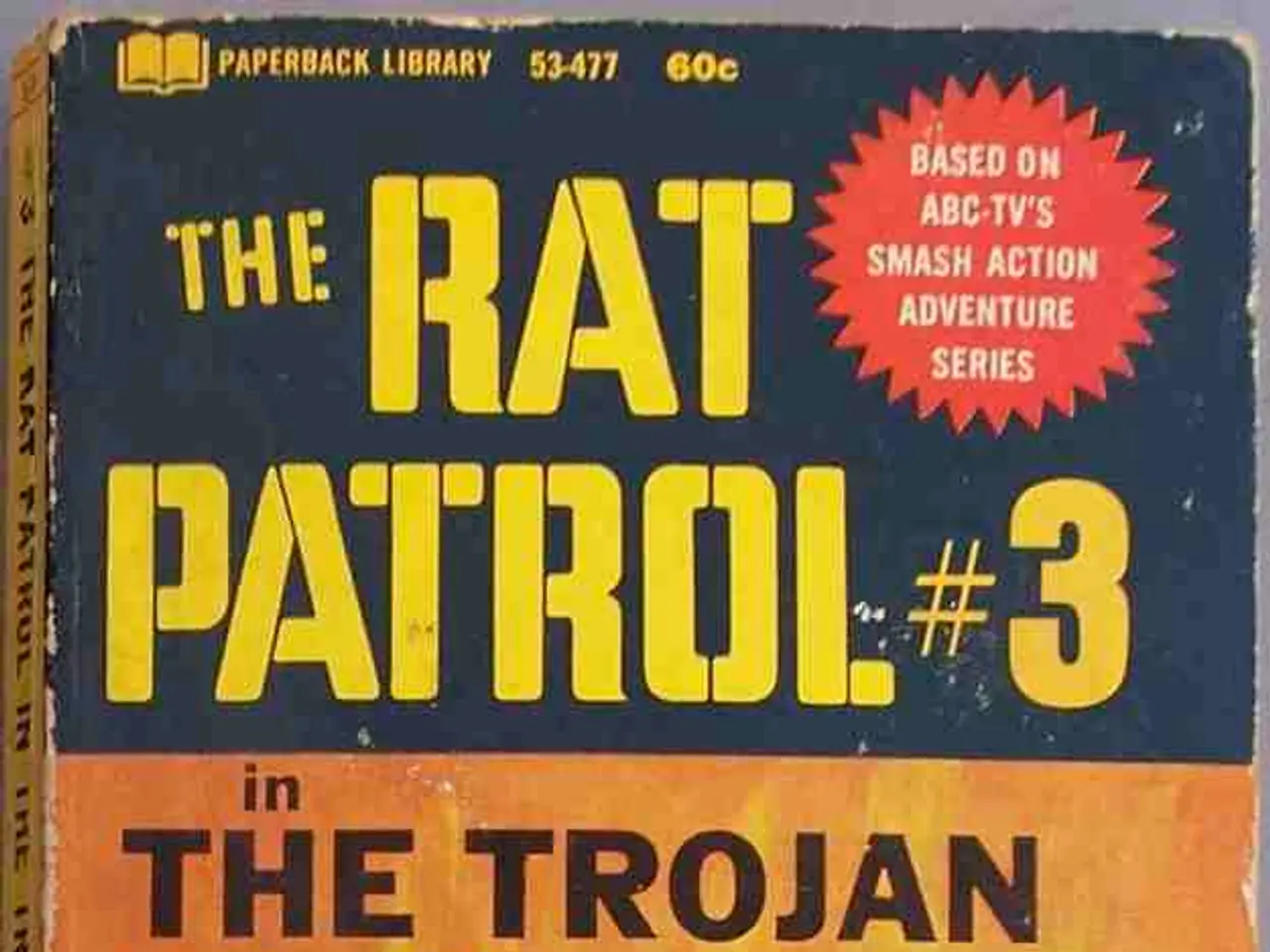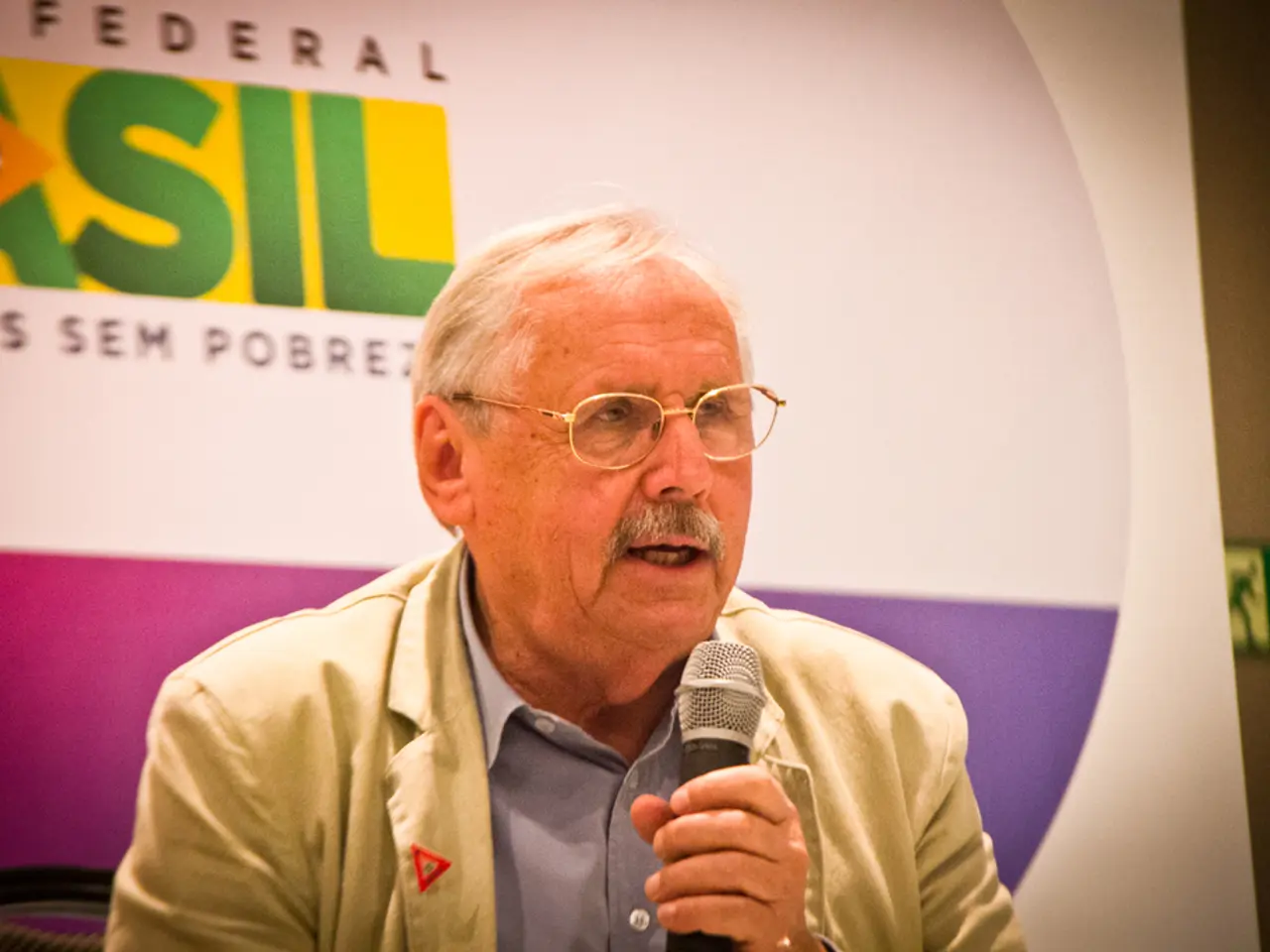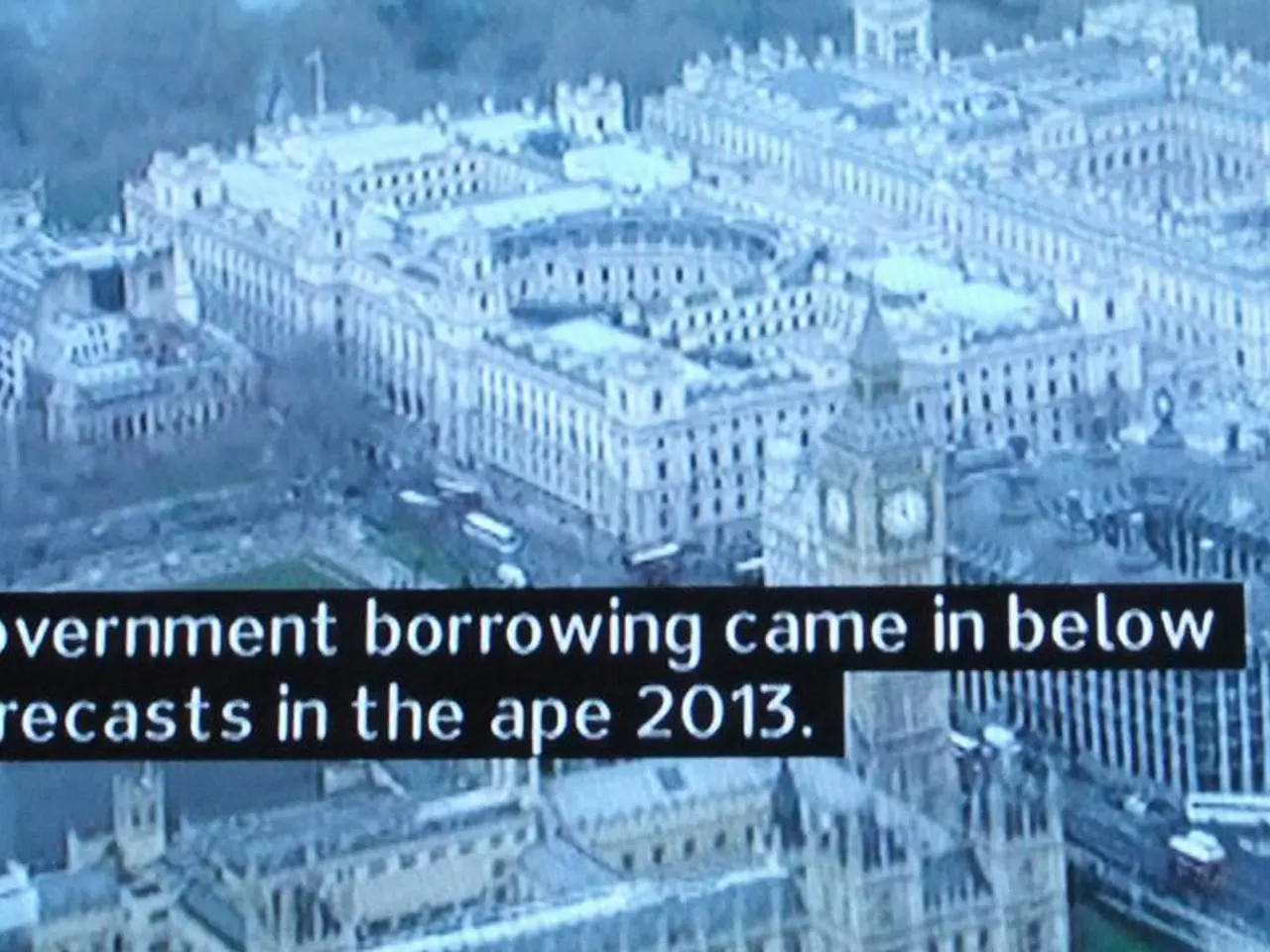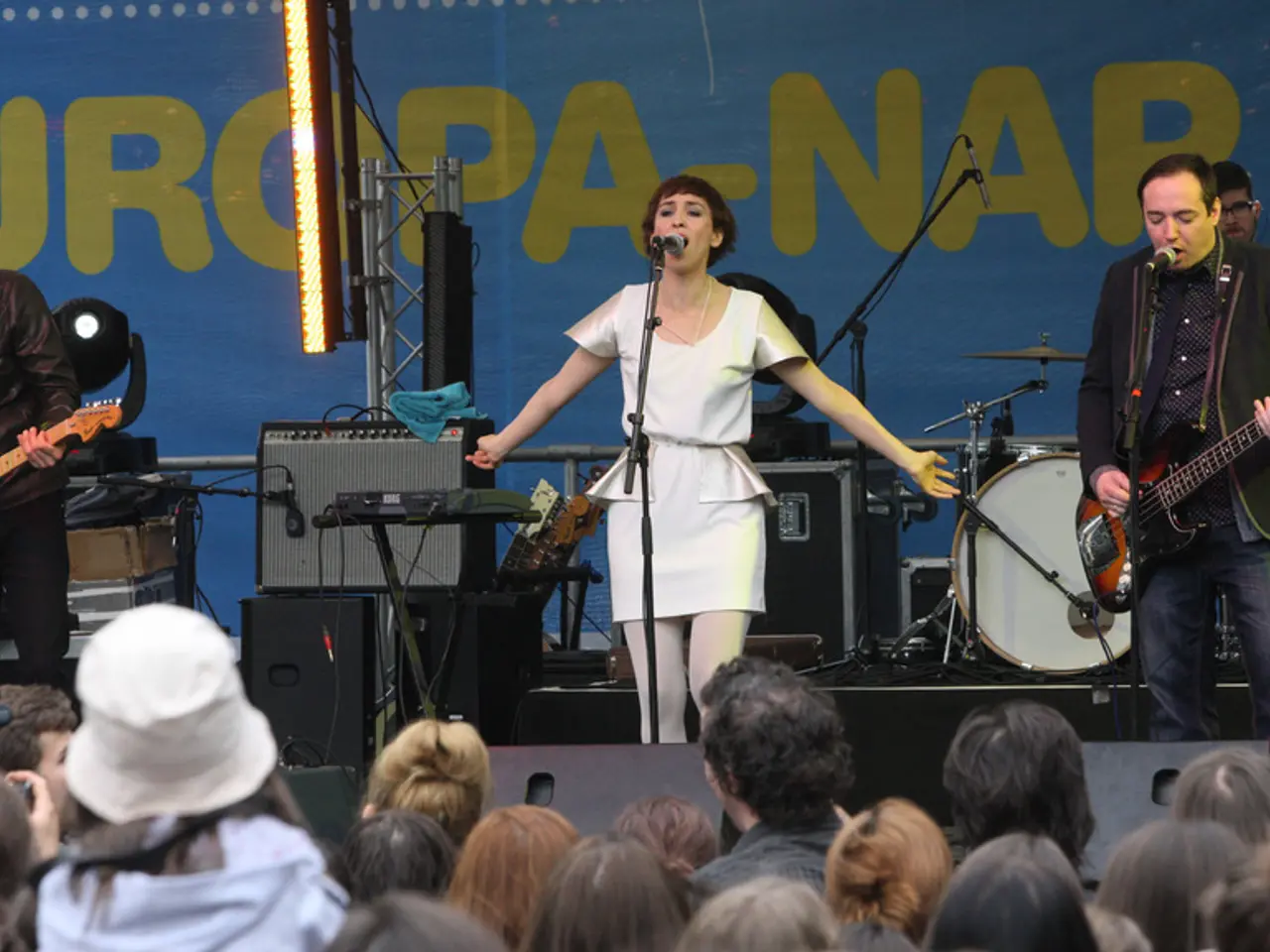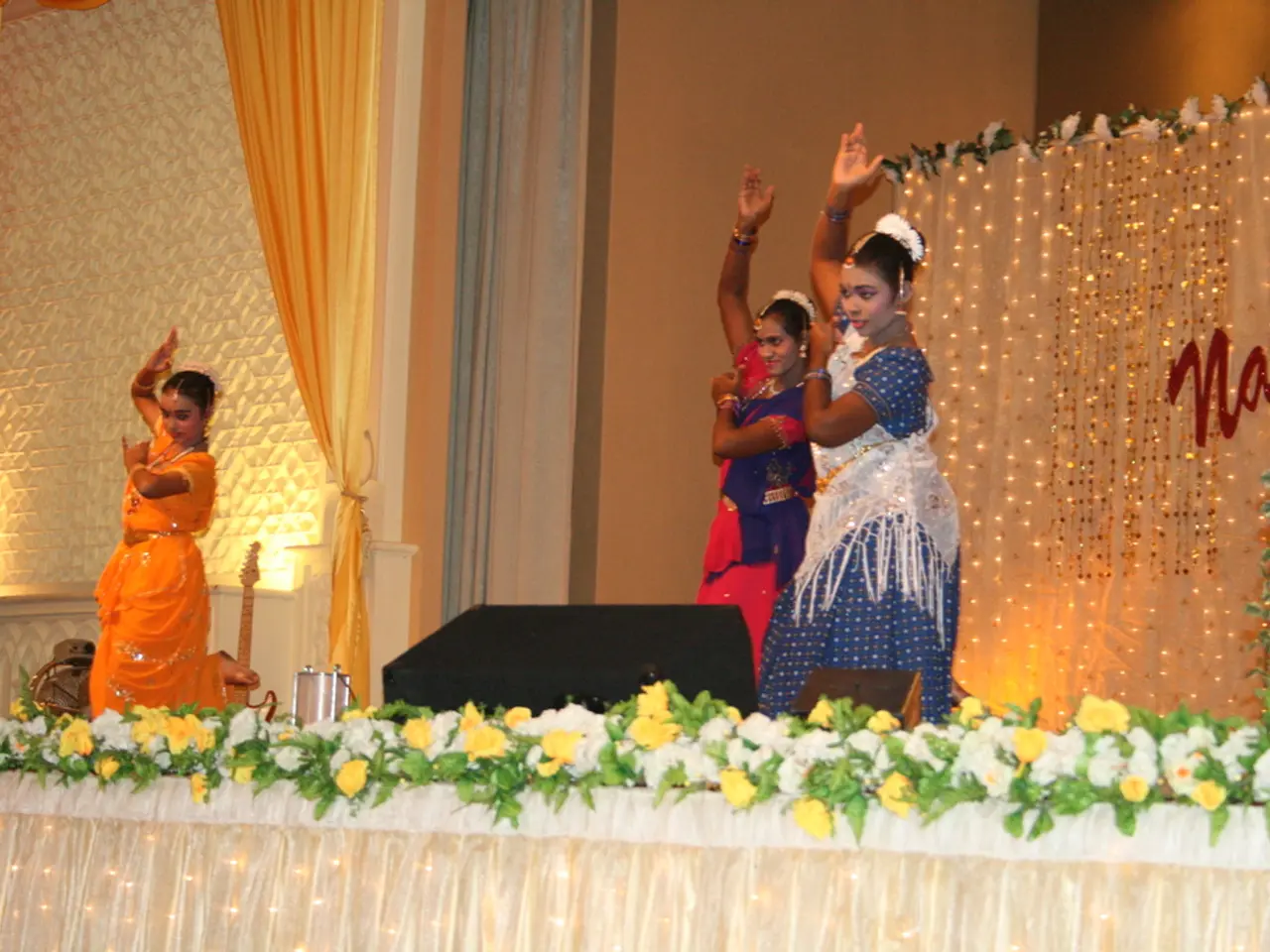World leader Erdogan calls for global protests amidst Gaza conflict crisis
In a bold move, Turkish President Recep Tayyip Erdogan has accused Israel of committing genocide against Palestinians in Gaza and compared their actions to Nazi-era atrocities. These remarks were made during a joint press conference with Kazakh President Kassym-Jomart Tokayev in Ankara.
Erdogan stated that the humanitarian situation in Gaza is catastrophic, with innocent children dying from starvation or bullets fired by Israeli occupation forces. He described Israel’s actions as amounting to genocide and an urgent moral test for the world, calling on the international community, particularly Islamic nations, to raise their voices against the situation.
The Turkish President also accused Israel of deliberately using starvation as a weapon against Palestinians. His comments have intensified international controversy over how to characterize the conflict in Gaza, with significant debate over the use and implications of terms like "genocide" and references to Nazi atrocities.
However, the international response to Erdogan’s statements has been mixed and largely polarized along geopolitical lines. Western countries and Israel generally reject such comparisons as inflammatory and offensive, arguing that the situation in Gaza, though tragic and complex, is distinct from the Holocaust and that allegations of genocide are politically motivated or legally unfounded.
In contrast, some countries and international actors critical of Israel’s policies have echoed concerns about severe human rights violations and called for accountability. Erdogan’s rhetoric reflects Turkey’s vocal advocacy for the Palestinian cause and criticism of Israel’s military actions in Gaza, but it has also contributed to heightened diplomatic tensions between Turkey and Israel and influenced debates in international forums over definitions of genocide and proportionality in conflict.
During the same press conference, Erdogan and Tokayev also discussed regional and global developments, including the Russia-Ukraine war and the situation in Afghanistan. The leaders signed 20 cooperation agreements in various sectors, including energy, defense, artificial intelligence, and education. Tokayev praised Erdogan's leadership and described Turkey as a respected state in the international arena. He also announced new investment projects worth $6 billion between Turkey and Kazakhstan, aiming to increase the bilateral trade volume between the two nations to $15 billion.
Erdogan awarded Tokayev the State Order, marking the 33rd anniversary of diplomatic relations between the two nations. The Turkish President described Kazakhstan as Turkey's largest trading partner in the region. The meeting at the presidential complex in Ankara demonstrated a sincere desire to further strengthen the bonds between Turkey and Kazakhstan, according to Erdogan.
In conclusion, Erdogan’s comparisons have sparked a heated debate about the characterization of the conflict in Gaza, with concerns about human rights violations and calls for accountability on one side, and rejections of such comparisons on the other. While the international community continues to grapple with these complex issues, it is clear that the situation in Gaza remains a pressing moral and humanitarian concern.
- The comparisons made by Turkish President Recep Tayyip Erdogan, likening Israel's actions in Gaza to genocide and Nazi-era atrocities, have raised questions about the definition of genocide and proportionality in conflict, particularly in the context of war-and-conflicts and politics.
- Amidst the ongoing international controversy over the Gaza conflict, regional and global developments were also discussed during the joint press conference between Presidents Erdogan and Tokayev, including the Russia-Ukraine war, Afghanistan, as well as the signing of cooperation agreements in sectors such as energy, defense, artificial intelligence, and education – these topics fall under the general-news category.
